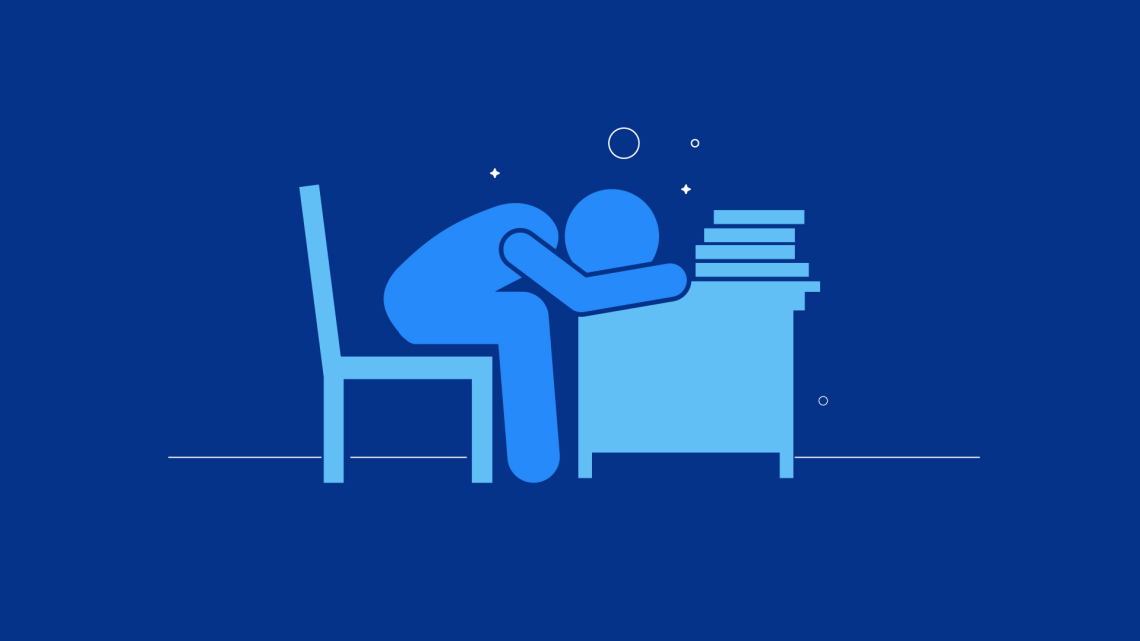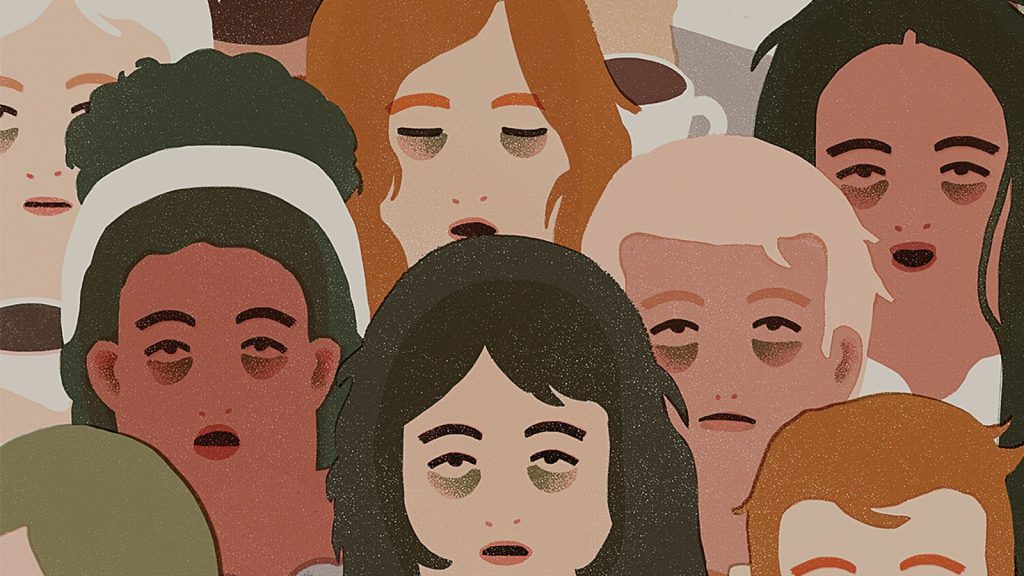
The Silent Storm: Unraveling the Effects of Sleep Deprivation on Mental Well-Being
In our fast-paced world, where demands and distractions abound, the value of a good night’s sleep often takes a back seat. However, the consequences of insufficient sleep extend far beyond mere fatigue. The intricate relationship between sleep and mental health is a subject of growing interest in scientific research. In this article, we will delve into the profound effects of sleep deprivation on a person’s mental state, exploring the intricate connections between the two.
Understanding the Sleep-Mental Health Connection
Sleep is not just a passive state of rest; it is a complex and dynamic process crucial for maintaining optimal physical and mental health. While the exact mechanisms are still being unraveled, it is evident that sleep plays a vital role in various cognitive functions, emotional regulation, and overall well-being.
Cognitive Impairment: The Fog of Sleep Deprivation
One of the most immediate and noticeable effects of sleep deprivation is cognitive impairment. Lack of sleep compromises attention, concentration, and decision-making abilities. Memory recall and the ability to process information efficiently suffer, leading to a mental fog commonly referred to as “brain fog.” This can hinder productivity, problem-solving, and overall cognitive performance.
Emotional Regulation: The Ties That Bind
A well-rested mind is better equipped to navigate the complex landscape of emotions. Sleep deprivation disrupts the delicate balance of neurotransmitters involved in emotional regulation. As a result, individuals may experience heightened irritability, mood swings, and increased susceptibility to stress. The ability to cope with challenges or setbacks diminishes, contributing to a negative emotional state.
Increased Anxiety: A Vicious Cycle
Anxiety and sleep deprivation share a bidirectional relationship. While anxiety can interfere with the ability to fall asleep, insufficient sleep can exacerbate anxiety symptoms. The brain’s amygdala, a key player in the regulation of emotions, becomes hyperactive in response to negative stimuli when sleep-deprived. This heightened reactivity can contribute to increased feelings of apprehension and unease.

Depressive Symptoms: The Darkness of Sleep Deprivation
Chronic sleep deprivation has been linked to an increased risk of developing depressive symptoms. The intricate interplay between sleep and mood-regulating neurotransmitters, such as serotonin and dopamine, underscores the impact of sleep on emotional well-being. Disruptions in the sleep-wake cycle can contribute to a dysregulation of these neurotransmitters, potentially leading to or exacerbating depressive conditions.
Impaired Stress Response: The Toll on Resilience
Adequate sleep is essential for maintaining a healthy stress response system. Sleep deprivation, however, weakens the body’s ability to manage stress effectively. Cortisol, the stress hormone, becomes dysregulated, leading to increased stress levels and a diminished capacity to cope with life’s challenges. This, in turn, can contribute to a cycle of heightened stress and further sleep disturbances.
Decreased Creativity: Where Innovation Stalls
Sleep is intricately connected to creativity and problem-solving abilities. During the various stages of sleep, the brain consolidates memories, processes information, and engages in creative problem-solving. Insufficient sleep disrupts these processes, stifling creativity and hindering the ability to approach challenges with innovative solutions.
Weakened Immune Function: The Body-Mind Connection
The relationship between sleep and the immune system is profound. Quality sleep is essential for the proper functioning of immune cells that defend the body against infections. Sleep deprivation weakens the immune response, making individuals more susceptible to illnesses. The toll of frequent illnesses on mental well-being, coupled with the fatigue they bring, further compounds the effects of sleep deprivation.
Increased Sensitivity to Pain: A Tangled Web
Sleep deprivation heightens the perception of pain. Individuals experiencing chronic pain conditions often report worsened symptoms when also dealing with sleep disturbances. The intricate connection between sleep and pain perception suggests that addressing sleep quality is crucial in managing chronic pain and mitigating its impact on mental health.
The effects of sleep deprivation on mental well-being are profound and far-reaching. In a society that often glorifies busyness and places sleep on the back burner, it’s essential to reevaluate our relationship with rest. Cultivating healthy sleep habits, creating a conducive sleep environment, and prioritizing self-care contribute to a more robust mental state. By acknowledging the intimate connection between sleep and mental health, we empower ourselves to break the cycle of sleep deprivation and pave the way for improved cognitive function, emotional well-being, and overall vitality. A good night’s sleep may just be the silent remedy needed to navigate life’s challenges with clarity, resilience, and a well-rested mind.
You May Also Like

What Happens When You Take Hallucinogens?
2023-05-26
How Science Is Changing the Food Preservation Methods
2022-07-05


